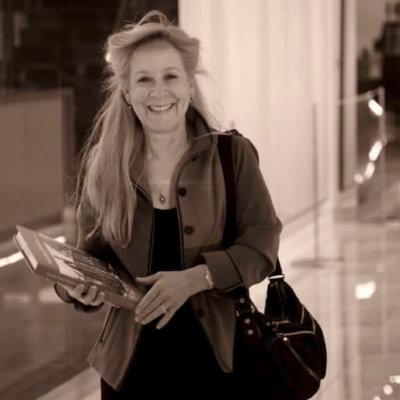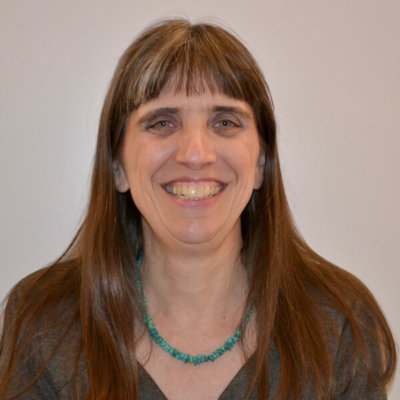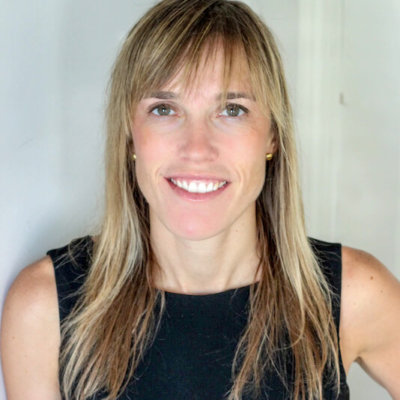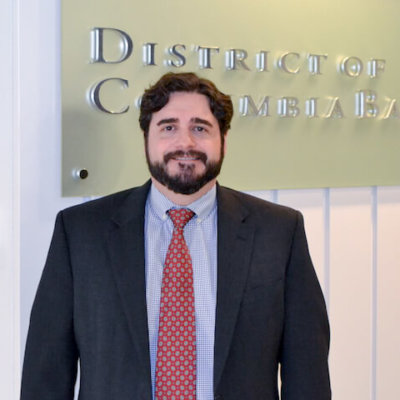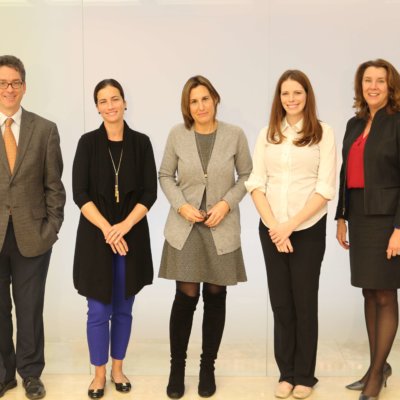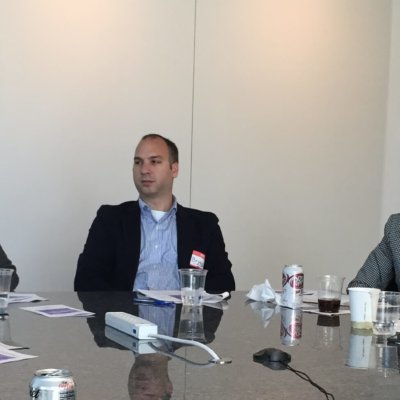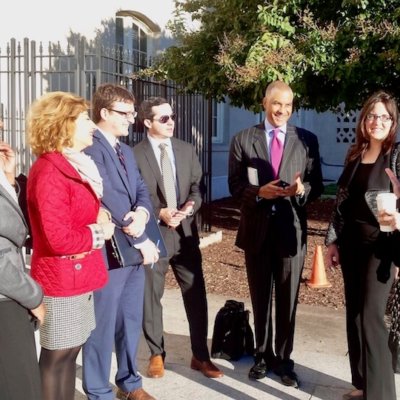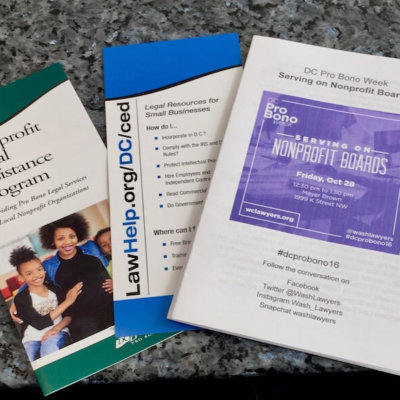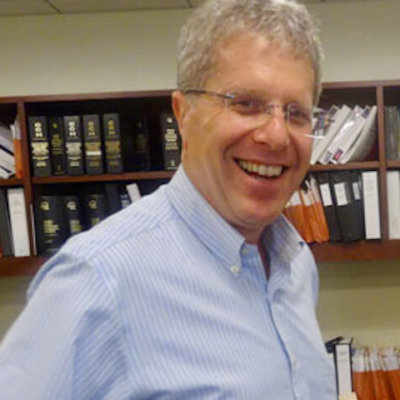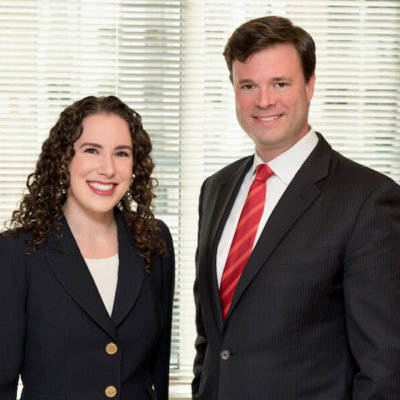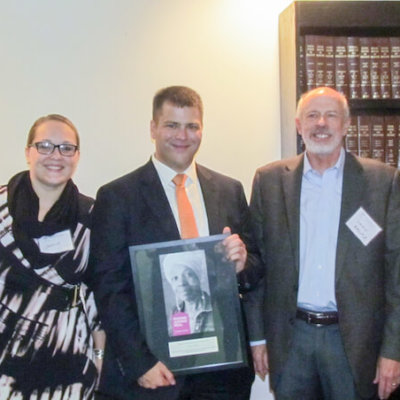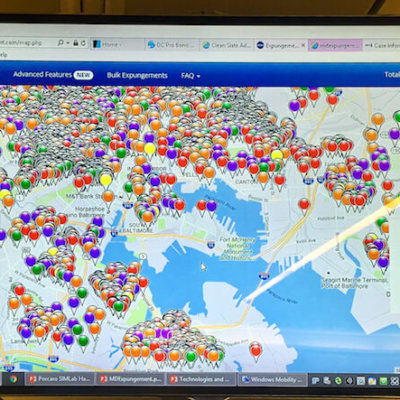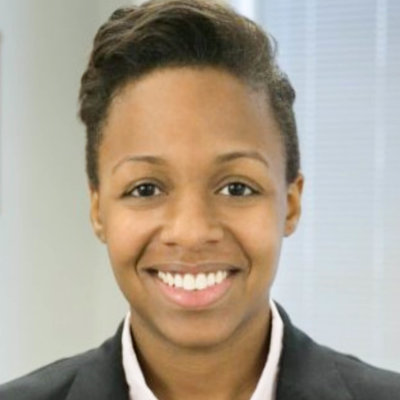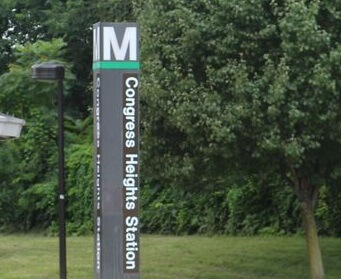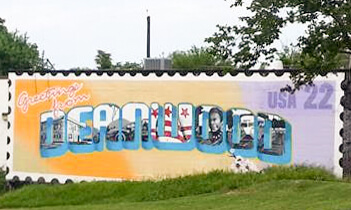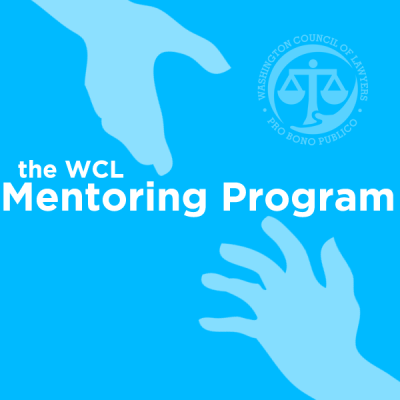Jobseeker Clinics East of the River
By Caroline Fleming This January, Neighborhood Legal Services Program is partnering with DC Public Library to launch Unlocking Employment, a new series of free, community-based legal clinics. The clinics, which will be staffed by dedicated NLSP personnel, are supported by a grant from the LSC Pro Bono Innovation Fund; the grant will enable half-day pro bono legal clinics several times a month at two library branches: Bellevue/William O. Lockridge in Ward 8, and Benning/Dorothy I. Height Library in Ward 7. Volunteer lawyers will help low-income job-seekers address barriers to employment, including background checks, driver's-license revocation, and discrimination.







